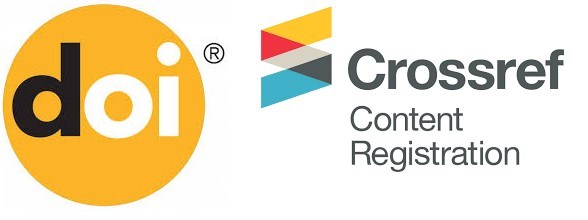STRATEGI PENINGKATAN MUTU PEMBELAJARAN BAHASA ARAB DI MADRASAH TSANAWIYAH SALAFIYAH AL TARMASI
DOI:
https://doi.org/10.32699/liar.v2i02.652Keywords:
Strategy, Quality of Learning, Arabic LanguageAbstract
Learning Arabic for the world of the Salaf Islamic Boarding School, which focuses on the study of the Yellow Book is one of the most important foundations because without understanding Arabic properly, it will face many difficulties. The learning system in Islamic boarding schools is often called Madrasah Diniyah. This Madrasah is one of the religious education institutions on the outside school path, which is expected to be able to continuously provide Islamic religious education to unmet students on the school path through the classical system. To study this problem, this research was carried out in the Madrasah Diniyah Al-Tarmasi with the subject of madrasah management from the Madrasah Headmaster, the board of teachers and education staff as well. Collecting data in this study are used interviews, observation and documentation as the main instruments with data triangulation as the analytical knife. The results of the study shown that there are several efforts by the Headmaster of Madrasah and teachers in improving the Quality of Arabic language learning by pouring a number of Strategies in: 1) Strategies to improve curriculum and the process of Arabic learning. 2) Strategies for improving the quality of human resources to improve Arabic learning. 3) Strategies for improving the quality of facilities and infrastructure to improve the quality of Arabiclearning.
Downloads
Published
Issue
Section
License
Authors who publish with this journal agree to the following terms:
a. Authors retain copyright and grant the journal right of first publication with the work simultaneously licensed under a Creative Commons Attribution-ShareAlike 4.0 International License. that allows others to share the work with an acknowledgement of the work's authorship and initial publication in this journal.
b. Authors are able to enter into separate, additional contractual arrangements for the non-exclusive distribution of the journal's published version of the work (e.g., post it to an institutional repository or publish it in a book), with an acknowledgement of its initial publication in this journal.
c. Authors are permitted and encouraged to post their work online (e.g., in institutional repositories or on their website) prior to and during the submission process, as it can lead to productive exchanges, as well as earlier and greater citation of published work (See The Effect of Open Access).












